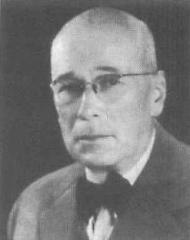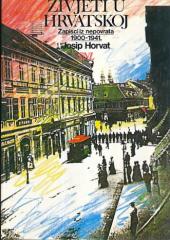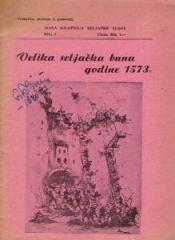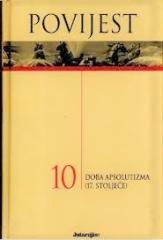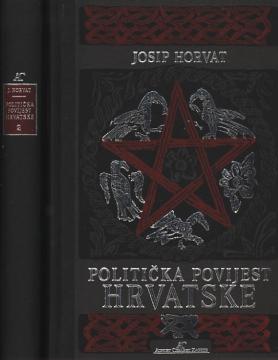
Politička povijest Hrvatske
Politička povijest Hrvatske monumentalno je djelo hrvatske historiografije koje pruža sveobuhvatan i sustavan pregled političkog razvoja Hrvatske od doseljenja Hrvata na Balkan u 7. stoljeću do prve polovice 20. stoljeća.
Josip Horvat u Političkoj povijesti Hrvatske (dva toma, 1937.–1938.) daje sveobuhvatan prikaz političkog razvoja Hrvatske od ranog srednjeg vijeka do 1930-ih, prije Drugog svjetskog rata. Knjiga, temeljena na arhivskim izvorima, naglašava borbu za nacionalni identitet i autonomiju.
Horvat započinje s osnivanjem hrvatske države u 9. stoljeću pod Trpimirovićima, ističući vladavinu kraljeva Tomislava i Dmitra Zvonimira. Nakon 1102. Hrvatska ulazi u personalnu uniju s Ugarskom, zadržavajući unutarnju autonomiju kroz bansku vlast i sabor. Srednjovjekovni period obilježen je borbama s Mlečanima za Dalmaciju i osmanskim prodorima u 16. stoljeću, kada Habsburzi preuzimaju kontrolu, osnivajući Vojnu krajinu kao obranu.
U 19. stoljeću Horvat detaljno opisuje hrvatski narodni preporod i Ilirski pokret, koji jačaju nacionalnu svijest i jezik. Hrvatsko-ugarska nagodba iz 1868. donosi djelomičnu autonomiju unutar Austro-Ugarske, ali s ograničenjima. Nakon Prvog svjetskog rata Hrvatska ulazi u Kraljevinu SHS (kasnije Jugoslaviju), gdje se suočava s centralizacijom vlasti i političkim napetostima, uključujući sukobe između hrvatskih i srpskih političkih elita.
Horvatova analiza završava prije Drugog svjetskog rata, fokusirajući se na političke institucije, bansku vlast i nacionalna pitanja. Knjiga je ključno djelo za razumijevanje hrvatske političke povijesti do 1930-ih, ističući kontinuitet borbe za samostalnost.
Knjiga se sastoji od dva toma.
Jedan višetomni primjerak je u ponudi.


